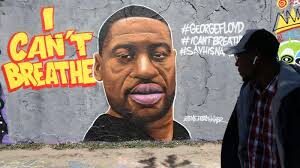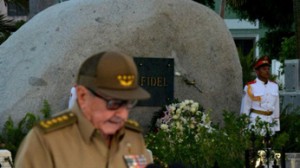Ankara — Turkey’s president on Wednesday declared a three-month state of emergency following a botched coup attempt, declaring he would rid the military of the “virus” of subversion and giving the government sweeping powers to expand a crackdown that has already included mass arrests and the closure of hundreds of schools.
President Recep Tayyip Erdogan, who was accused of autocratic conduct before the insurrection, said the measure would counter threats to Turkish democracy. Possibly anticipating investor jitters, Erdogan criticized Standard & Poor’s for downgrading its credit rating for Turkey deeper into “junk” status and said the country would remain financially disciplined.
The president did not announce details, but the security measure could facilitate longer detentions for many of the nearly 10,000 people who have been rounded up since loyalist security forces and protesters quashed the rebellion that started Friday night and was over by Saturday.
“This measure is in no way against democracy, the law and freedoms,” Erdogan said in a national televised address after a meeting with Cabinet ministers and security advisers.
The state of emergency announcement needs to be published in a state gazette and lawmakers have to approve it for it to take effect, according to analysts.
Turkey imposed emergency rule in the southeast of Turkey in 1987, allowing officials to set curfews, issue search and arrest warrants and restrict gatherings as the security forces fought Kurdish rebels. The emergency rule was gradually lifted by 2002.
The president suggested military purges would continue.
“As the commander in chief, I will also attend to it so that all the viruses within the armed forces will be cleansed,” Erdogan said.
In an apparent attempt to calm fears that the military’s powers will be increased, the president said the military will be under the government-appointed governors’ command and work closely with the regional governors.
The pro-government death toll in the botched coup was 246. At least 24 coup plotters were also killed.
Turkey also said it would close more than 600 private schools and dormitories following the attempted coup, spurring fears that the state’s move against perceived enemies is undermining key institutions in the country.
Erdogan’s government said it has fired nearly 22,000 education ministry workers, mostly teachers, taken steps to revoke the licenses of 21,000 other teachers at private schools and sacked or detained half a dozen university presidents in a campaign to root out alleged supporters of a U.S.-based Muslim cleric blamed for the failed insurrection.
The targeting of education ties in with Erdogan’s belief that the cleric, Fethullah Gulen, whose followers run a network of schools worldwide, seeks to infiltrate the Turkish education system and other institutions in order to bend the country to his will. The cleric’s movement, which espouses moderation and multi-faith harmony, says it is a scapegoat.




